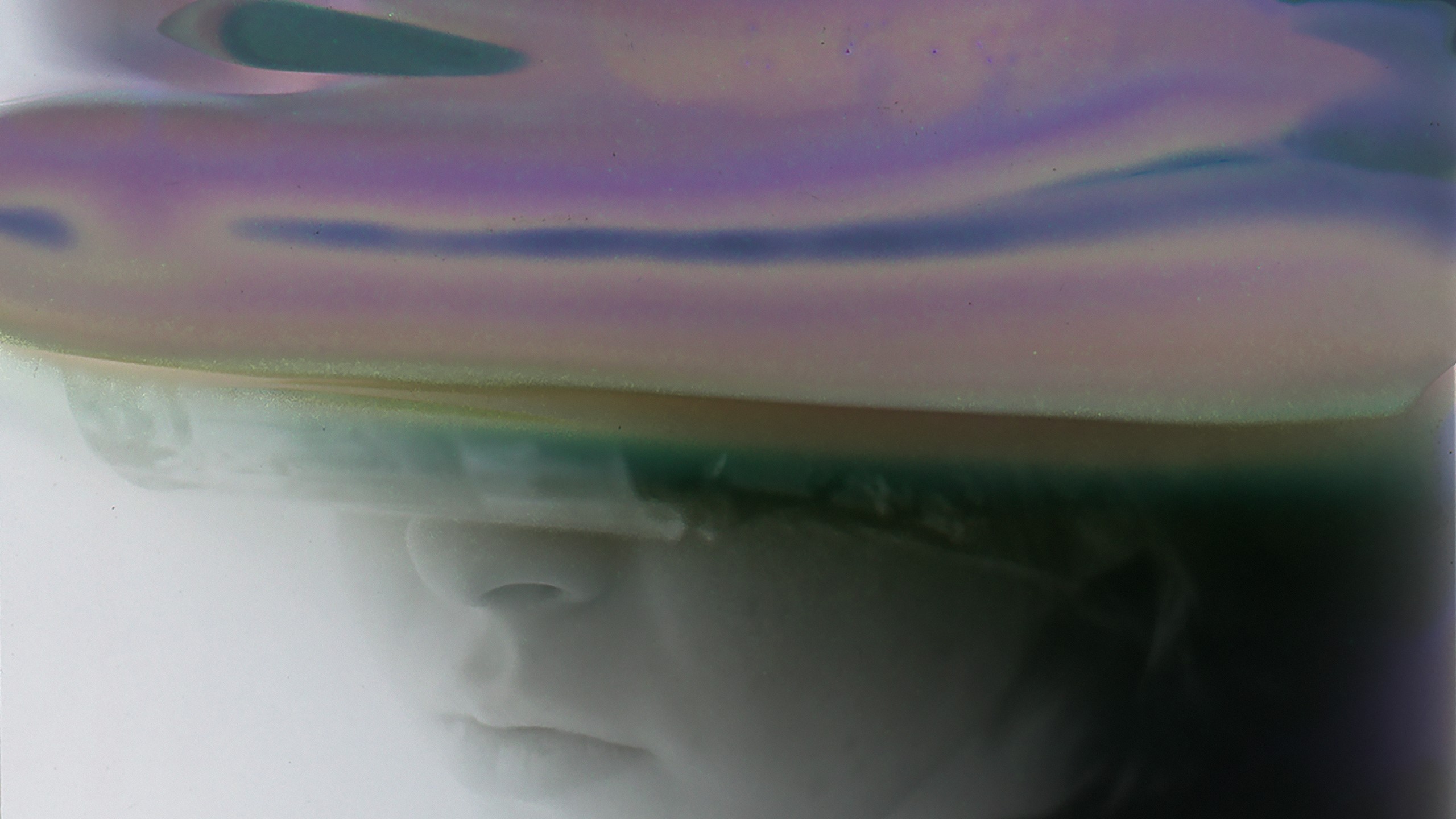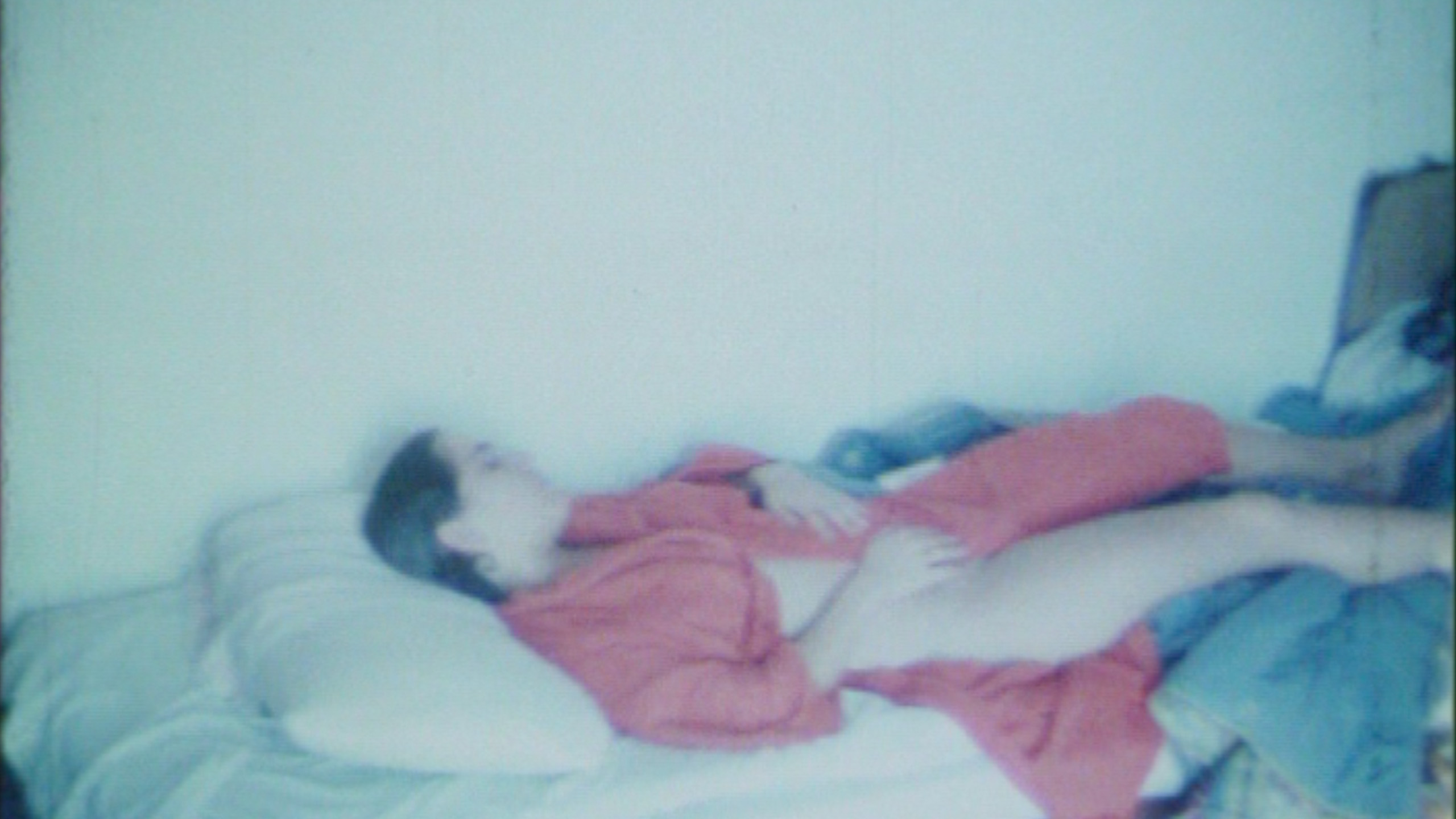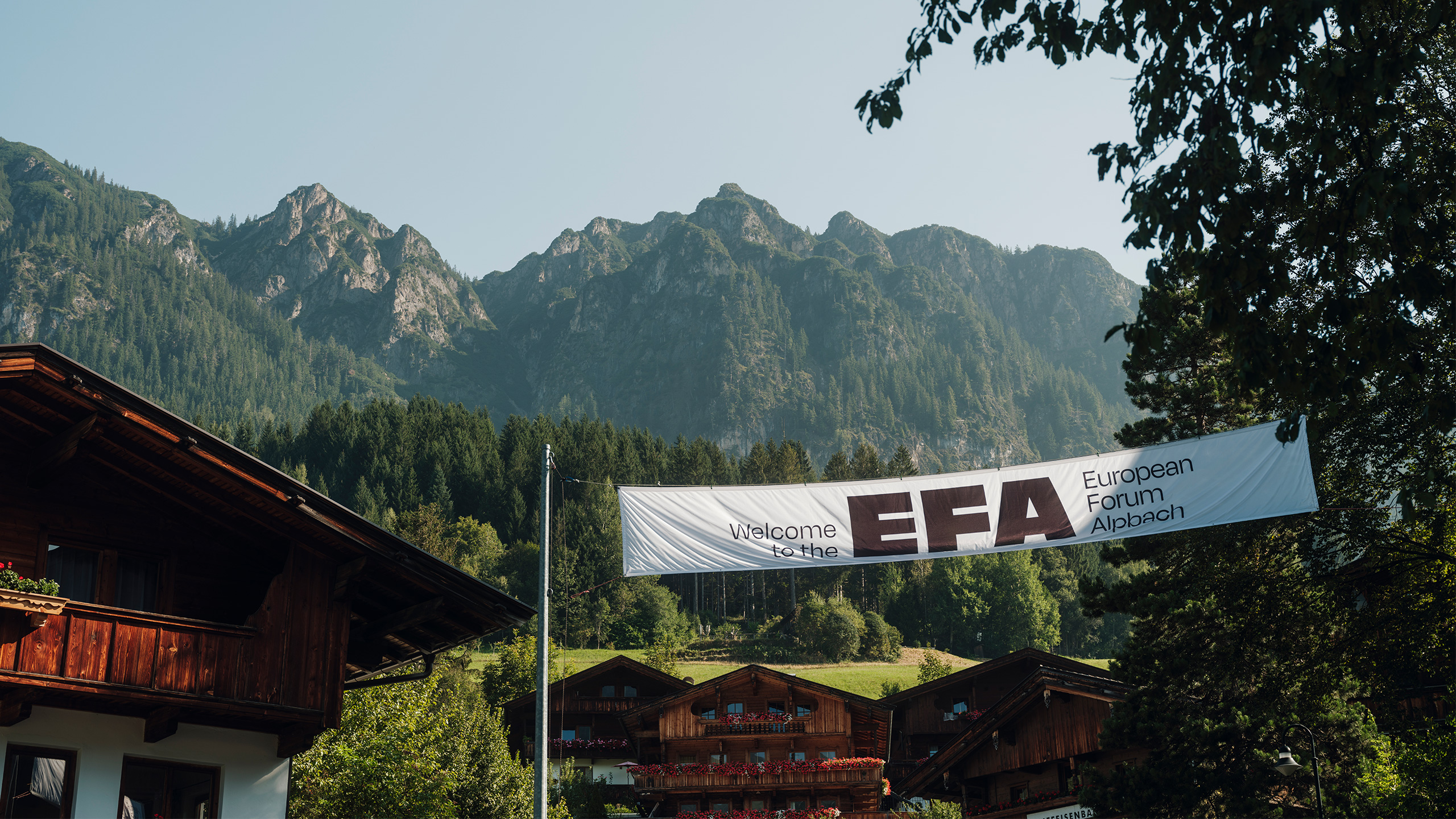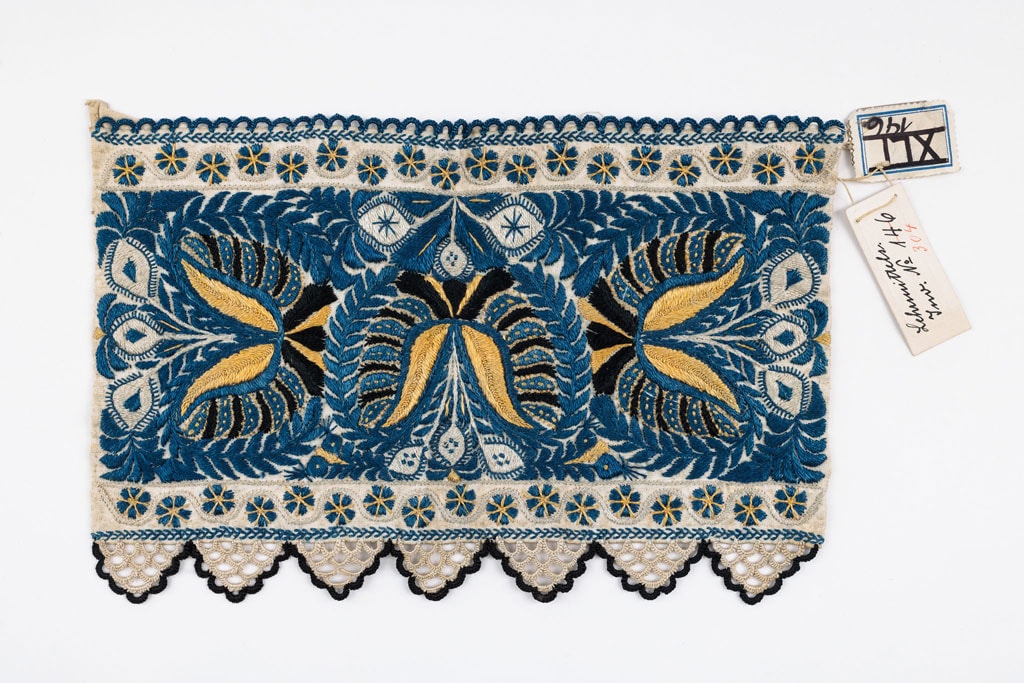Event
8 June – 15 October 2021
Reading Time: 3'
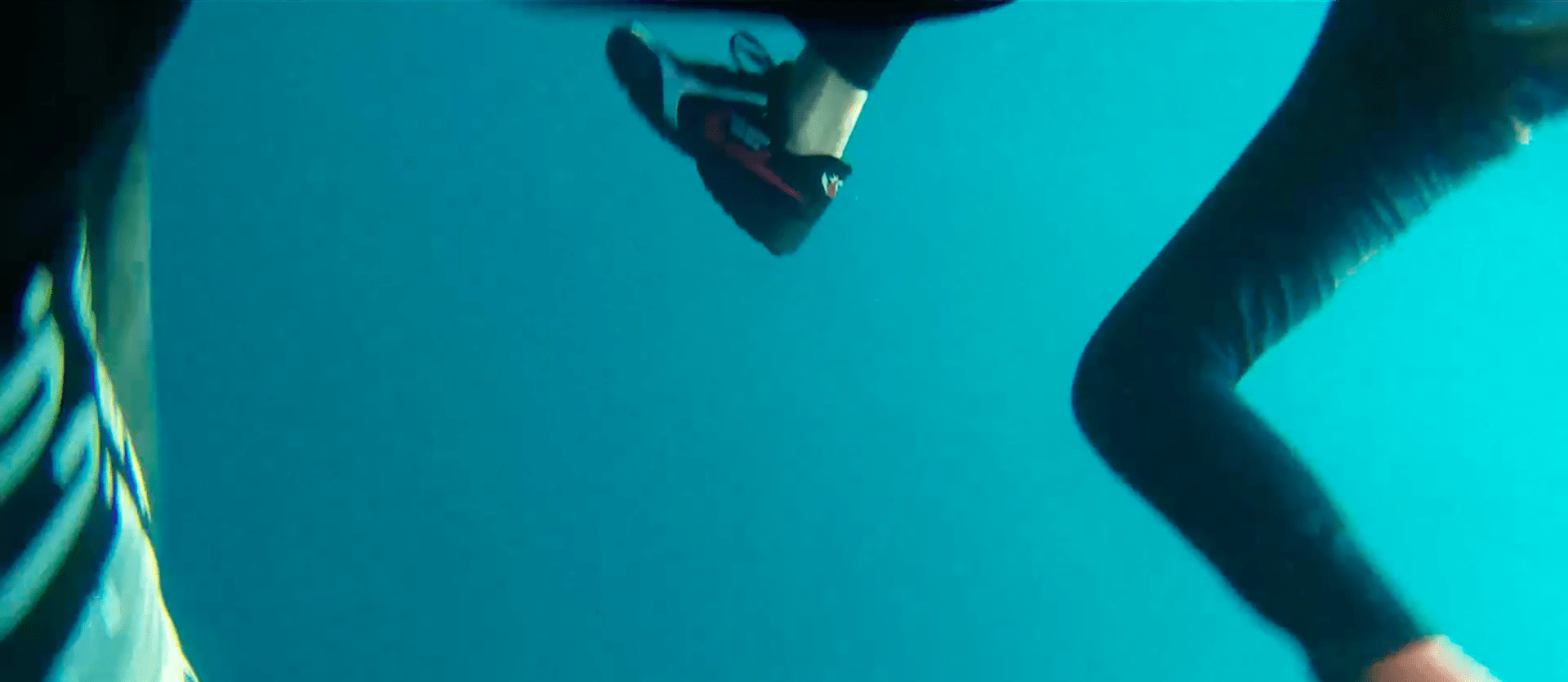
Life, Death, Love and Justice
8 June – 15 October 2021, 17:00
tranzit.sk, Bratislava
Artists: Amel Alzakout & Khaled Abdulwahed, Babi Badalov, Savaş Boyraz, Harun Farocki, Forensic Architecture, Ladislava Gažiová, Jasper Kettner & İbrahim Arslan, Denis Kozerawski, Anike Joyce Sadiq, Hale Tenger, Rojda Tuğrul, István Zsíros
Curated by: Didem Yazıcı, Peter Sit
8 June – 15 October, 2021
Opening: 8 June 2021, 5 pm – 8 pm.
Opening speech by the curators: 6 pm.
“We are each others sisters’ and brothers’ keepers; no one is an island or ever has been. Every person, animal, plant or stone is interconnected in a life-death symbiosis. We are each responsible for what is happening down the street, south of the border or across the sea. And those of us who have more political power, more money, or more spiritual energies must give or exchange with those who don’t have these energies but may have other things to give.”
Gloria Anzaldúa 1942– 2004
Everywhere in the world, people who experience social, ecological, or political injustice contemplate life, death, love and justice as a vital part of their everyday existence. Injustices occur in many different places, such as in a forest, a house, a workplace, the sea, a train station, a street, a camp for refugees, a war zone or in a prison; and they are expressed in many forms including words, (moving) images and sound. Such testimonies have been creating a space for change and revolt for centuries. However, recent years haven’t been like those we have known before. Contradictions and global inequalities have become clearer with everyone in the world being caught unprepared for a global pandemic. In an unforeseeable limbo situation like this, we humans, regardless of who we are and where we are, have found ourselves thinking about Life, Death, Love and Justice more than ever.
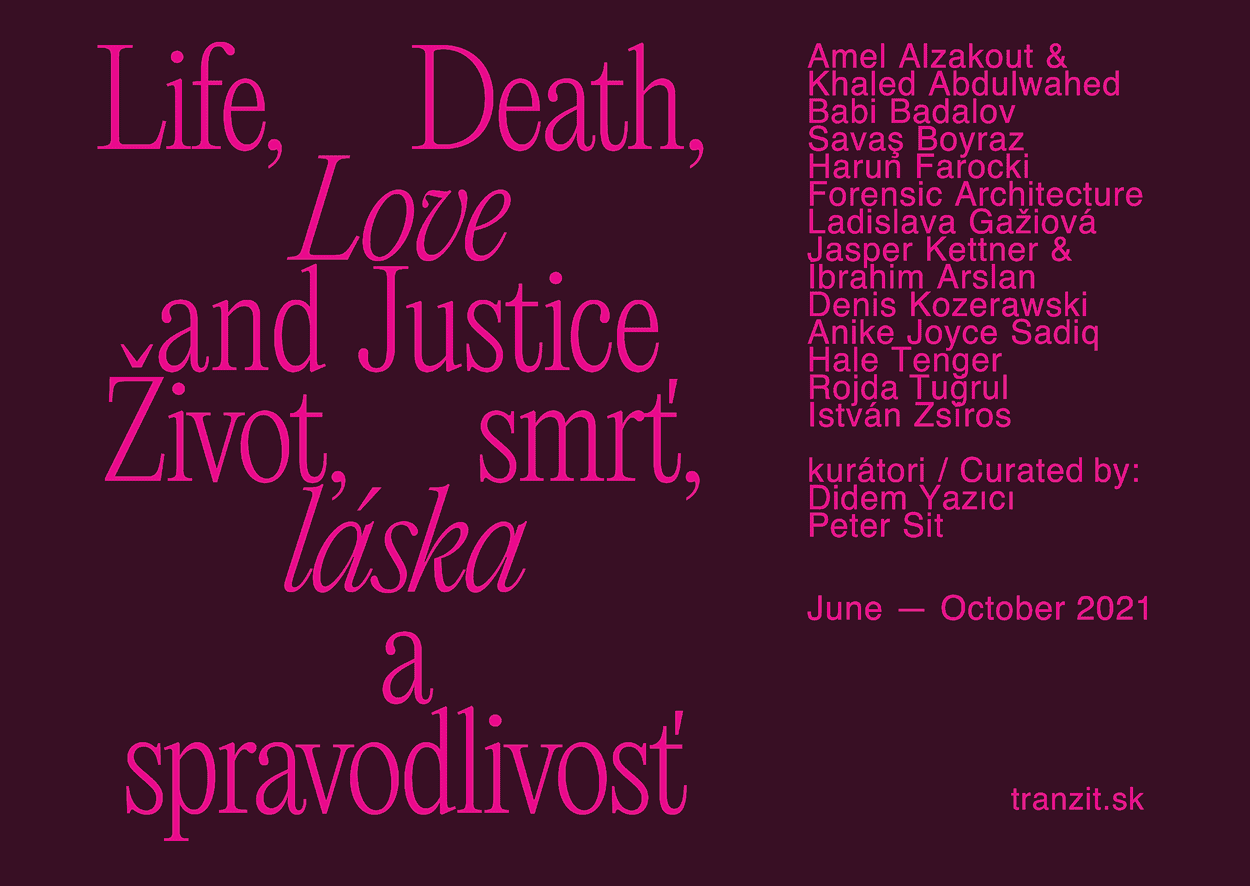
The title of the exhibition shares its name with a poetic sound installation by the Istanbul based artist Hale Tenger, named Life, Death, Love and Justice (2018) inspired by an Anatolian idiom ‘The water finds its crack’ as well as Eduardo Kohn’s book How Forests Think: Toward an Anthropology Beyond the Human. The meditative sound installation by Tenger creates an experiential space within the exhibition, where one can contemplate the existential questions vocalized through a woman’s whisper. This work has become a mental space, a departure point for the exhibition.
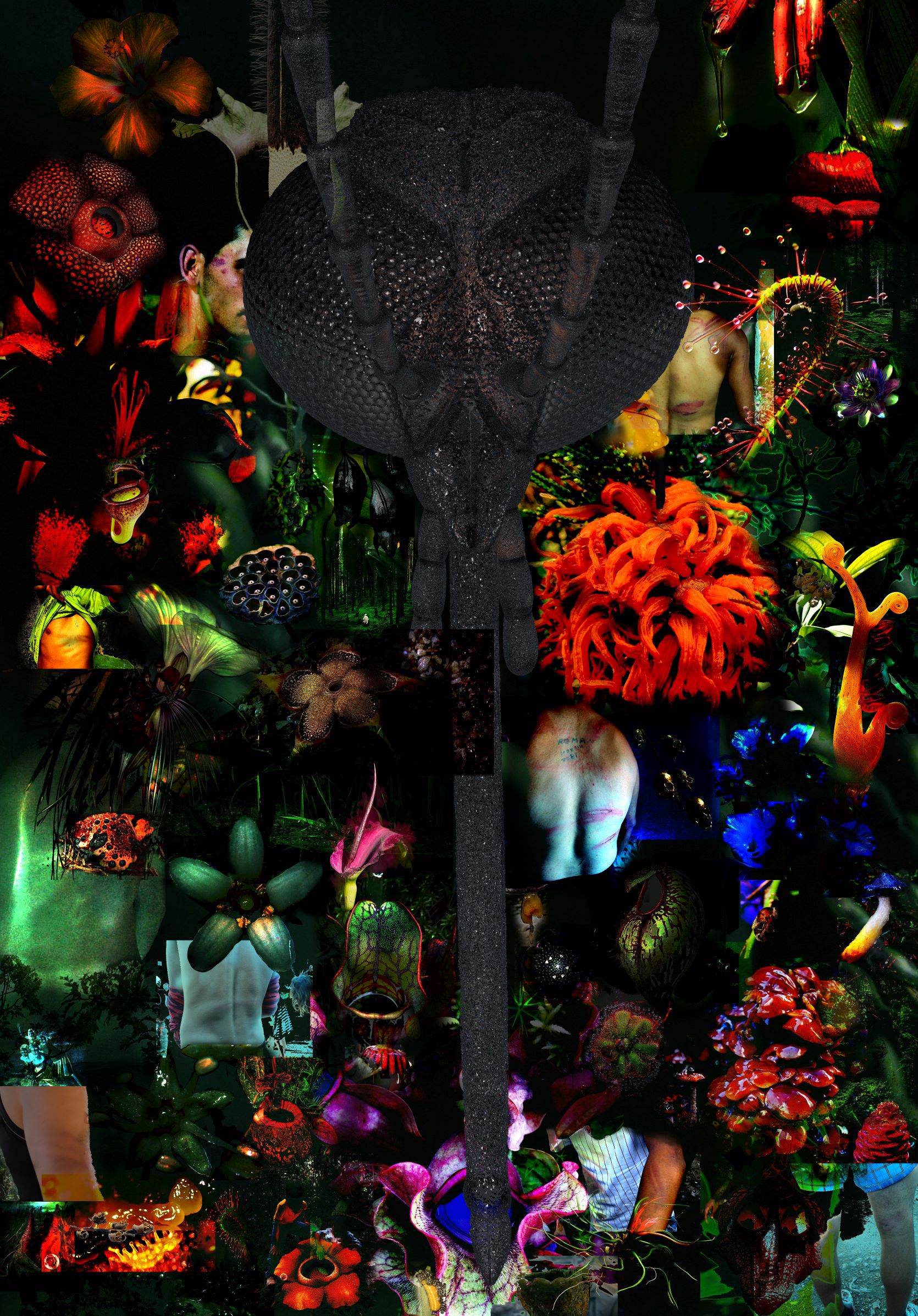
Life, death, love and (the search for) a sense of justice exist everywhere: in nature, beyond borders and it even exists in war, and (especially) within all forms of struggle. The artists featured in the exhibition examine these vital notions in their own struggles, along with those of allies, friends and everyone else. As filmic essay, portrait photography series, collectively written book, drawing as documentation or poetical sound exercise, all of these artworks are based on personal stories, testimonies, research and investigative projects. They subtly create a map that allows us to orient ourselves in times of crises and embody empathy. It might seem that these problems and topics are not present in our environment after all, and that they are problems that belong ‘somewhere else’. However, the opposite is true. Everywhere in the world we are witnessing deeply rooted and ongoing structural violence, racism, and intolerance towards all underprivileged people. Perhaps a moment will come when a Roma Lives Matter movement will emerge in Slovakia and for many other marginalized people in different geographies and contexts.
Opening hours
Tuesday – Friday, 2 pm – 6 pm
More information: tranzit.sk
Cover picture: Amel Alzakout & Khaled Abdulwahed, Purple Sea, film, 67’, 2020 © pong Film GmbH
